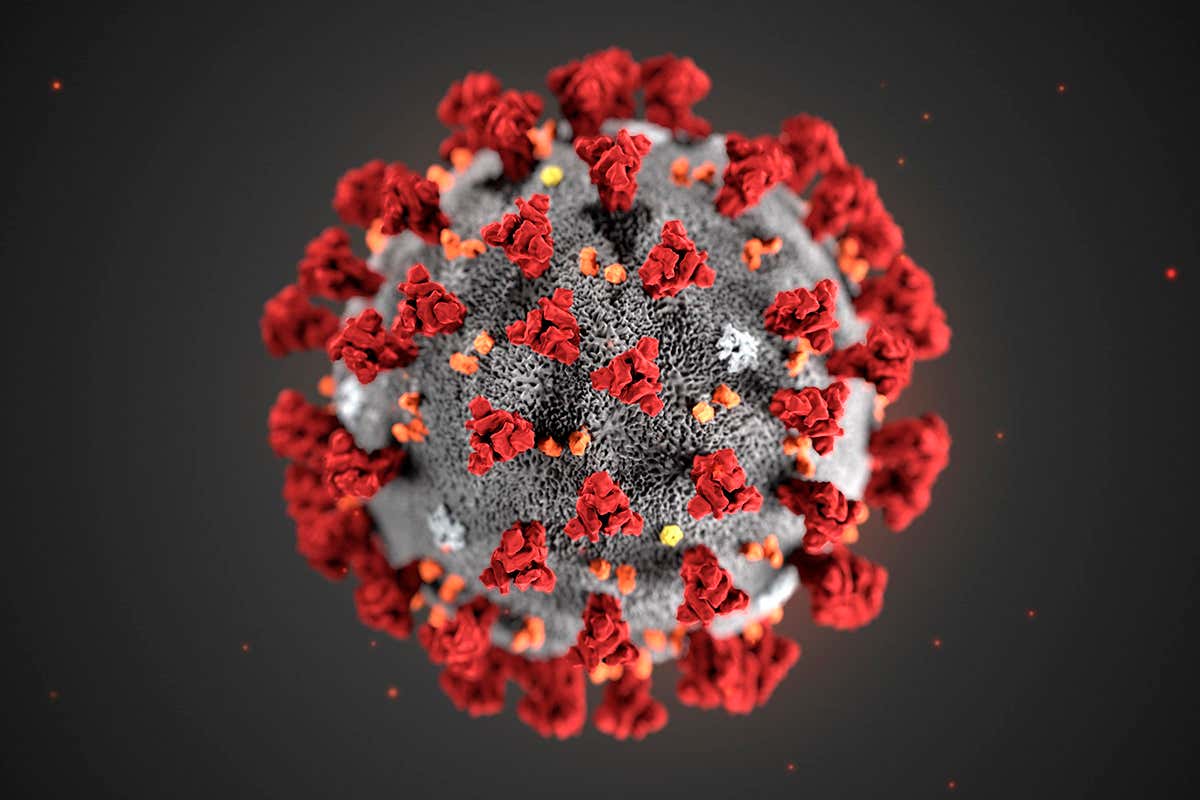Medical diplomacy (MD) has gained more credence and foreign relations weigh over the last two decades in nation’s policies. According to Oslo Ministerial Declaration – global health- as a pressing foreign policy issue of our time, published by the Lancet in 2007 “As Ministers Foreign Affairs, we will work to increase awareness for our common vulnerability in the face of health threat by bringing health issues more strongly into the arenas of foreign policy discussions in order to strengthen our commitment to concerted action at the global level; build bilateral, regional and multilateral cooperation for global health security”.
CHALLENGES AND PROSPECT OF MEDICAL DIPLOMACY:
The prospect medical diplomacy is brighter and more promising as it concerns the entire World, especially after the devastating socioeconomic and trade impacts the Covid-19. It is a hope and anticipation that it will be the central of regional and global networks to coordinate and collaborate to prevent and fight pandemics and other dangerous diseases together in order to halt their spread to other countries and regions.
The global economic performance is every nation’s concern. Therefore, not giving political weight to health and medical diplomacy will badly affect the global economy.
For instance, PwC conducted a survey on the impact of Covid-19 financially and economically, it concluded that 80 percent of participant concerned that the Covid-19 global health emergency will lead to a global economic recession.
According to the UN News, Covid-19 likely to cost economy $ 1 trillion during 2020 based on the estimate of the UN’s Tade and Development Agency (UNITAD).
Such a size of economic loss must grasp the attention of the comity of nations to strengthen bilateral and multilateral medical diplomacy to prevent its reoccurrence. With this, there is a prospect for the World’s leaders to start reconsidering their foreign policies toward medical and healthcare diplomacy.
On the other hand, the medical diplomacy also faces some challenges. For instance, interference of political interests as a barricade to MD. The case study of Cuba’s initiative to send 1100 health professional to the United States of America during 2005 Hurricane Katrina, is a typical example. The offer was not received and accepted the US government based on its political differences with Havana. Another obstacle that is confronted by MD is sustainability of its efforts.
In some countries, other advanced nations may supply and support them with medical infrastructures like hospitals, clinics and clinical materials, but they software component – trained medical doctors and healthcare professionals – is absent durability of efforts will be the great challenge.
CONCLUSION:
Health crises pose fundamental challenges to international relations and have been a major focal point of contests for global influence as pointed by Emma Anderson in African heath diplomacy published by the Journal of International Relations.
Therefore, it is very paramount for the comity of nations to reconsider their bilateral and multilateral cooperation to excessively and exceedingly include medical diplomacy in the package. It will be of a great relevance to keep the World safe and prevent a global economy from recession due to global health crises as it is being witnessed by Covid-19, which is estimated by the UN’s Trade and Development Agency (UNITAD) to cost the global trade $1 trillion.
Finally, medical and healthcare diplomacy leads to three different deliverables; political interest, commitment to protecting universal human rights and direct and indirect economic gains. A direct economic gain through some conditionalities of medical diplomacy between/ among the collaborating nations. An indirect economic gain through saving the global economy from recession due to an unthwarted pandemics in the world such as Covid-19 0



